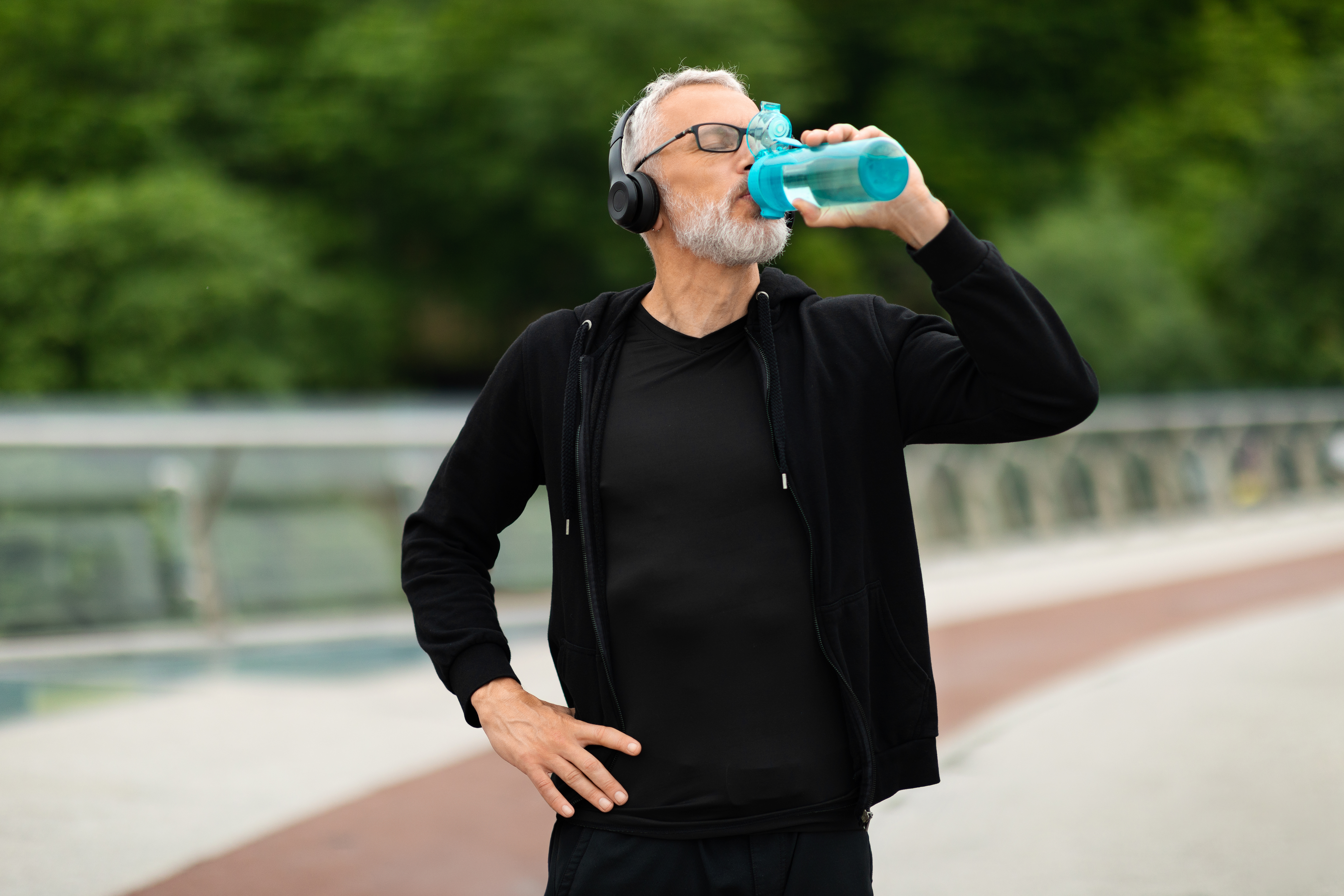Sleep Smart: Expert Tips for Your Best Rest After 50
3. The Role of Diet and Hydration

What you consume throughout the day can have a profound impact on your sleep quality. Foods rich in magnesium, potassium, and calcium, such as leafy greens, bananas, and dairy products, can help promote relaxation and improve sleep. Conversely, heavy meals, caffeine, and alcohol can disrupt sleep patterns, especially if consumed close to bedtime. Hydration is equally important, but it's wise to limit fluid intake in the evening to reduce nighttime awakenings. By making mindful dietary choices, you can support your body's natural sleep processes and enhance overall restfulness.
4. The Impact of Exercise on Sleep

Regular physical activity is a cornerstone of healthy sleep, particularly for those over 50. Exercise helps regulate the body's internal clock, reduce stress, and promote deeper sleep cycles. Activities like walking, swimming, or yoga can be particularly beneficial, offering both cardiovascular and relaxation benefits. However, timing is key; aim to complete workouts at least a few hours before bedtime to avoid overstimulation. By incorporating consistent exercise into your routine, you can improve both the quality and duration of your sleep, leading to a more energized and productive day.
